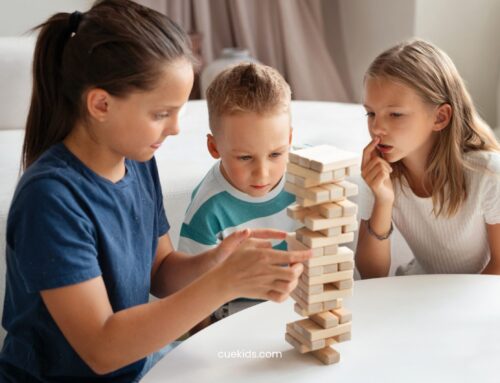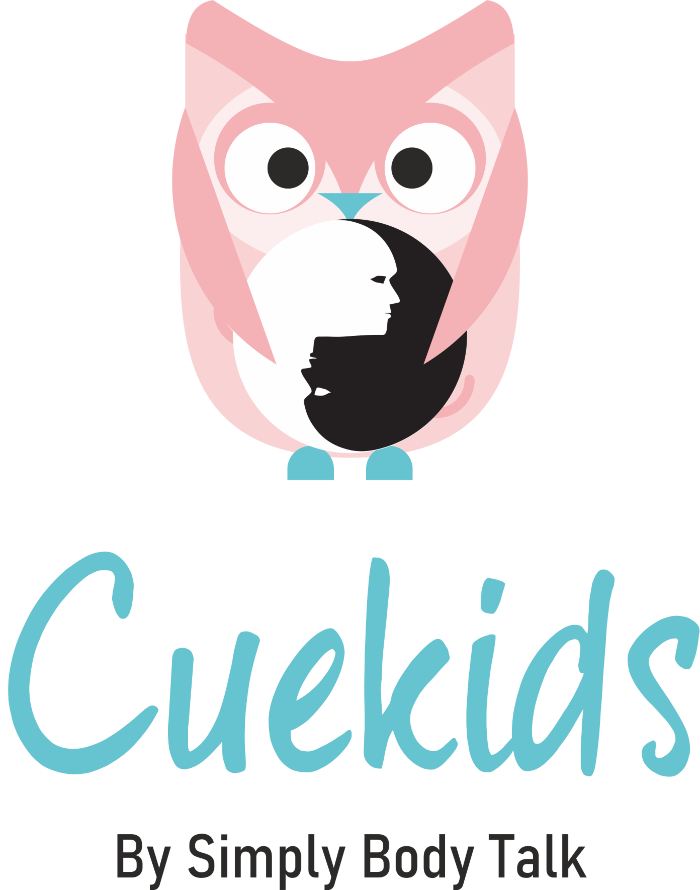How do you, as parents, respond to your child when they act out? Do you notice their emotions, how they swing from one emotion to another? Does it all make you feel overwhelmed? Emotions are complex. Children are vulnerable to various life situations and may fall prey to such complexities. It is crucial to provide emotional coaching to ensure that a child learns to deal with difficult emotions. Building emotional literacy has become increasingly important. It helps one be aware of their feelings and those of others. It provides a medium to recognize these emotions and dodge them better in life, which in turn boosts their Confidence in handling challenging situations.
Read: How to increase children’s emotional vocabulary?
Following are some ways:
- Help them name their feelings: For eg. You are sad that you lost the cricket match today. Emotional vocabulary is vital to adopting ways of dealing with them. They can deal with it by knowing that losing is a part of a game and that feeling sad is okay.
- Teach them ways to express emotions: Create opportunities by giving them hypothetical situations and asking them how they would respond to them. Reform the thinking pattern and teach them appropriate ways of dealing.
- Avoid punishment: Punishment will serve as a barrier to expressing emotions. It will tell the child that feelings are inferior. Instead of yelling, try to speak to them in a subtle tone and adopt positive ways.
- Praise and practice: Practicing coping strategies go a long way toward recognizing and dealing with emotions. Whenever a child expresses their feelings, praise them for their efforts and encourage them to practice them more, which reinforces healthy Personality Development.

Children are still developing. We teach them how to talk, how to walk, jump, run; we teach them how to read and write, the ABCs and 123s. Along with these, should they not be taught about their feelings too?
Read: Importance of Emotional Intelligence in Day-to-Day Life
Emotions are no doubt increasingly important. They are the guiding parameters for how we think and therefore act. Navigating through life’s complexities demands a balance of emotions, which is crucial for Personality Development. Children are naive and in the process of becoming adults. They have to go through plentiful emotions and thus, are susceptible to infer new perspectives on life and learn new forms of behavior. In this period of life, it is important to teach appropriate ways of regulating emotions to children.
Following are some ways you can help your child regulate their emotions:
Validate their emotions:
Do not minimize a child’s feelings. Tell them that feeling a certain way is okay and that they will be able to cope. Constant validation helps with building self-esteem.
Teach them to recognize and define their emotions:
Embolden them to talk about their feelings and why they feel a certain way. It will make a child aware of their own emotions.
Educate them on appropriate behavior in different situations:
Help them separate their feelings from their behavior. Motivate them to express their emotions but also discipline them about their behavior.
Example: You have the right to be mad at someone at the grocery store, but you cannot hit them
Be a role model:
Avoid disregarding the feeling of a child; instead, relate to them. If they are contemplating an emotion, help them understand it and narrate a similar episode from your life. It will tell them that all feelings are normal, fostering their Personality Development and Confidence as they grow.
Children are never too young to learn to identify their emotions and vital coping skills to thrive through difficult situations. As parents, it is painful to see your child suffer through the overwhelming emotions. Having an emotional understanding promotes a safer and more understanding environment. Imbibing these qualities and abilities in children helps them grow up in a trusting and safe environment and makes them better individuals.
Know about our Emotional Intelligence Course for Kids






[…] Previous […]
[…] Read: 4 Simple Ways Children can Learn and Manage their Emotions […]